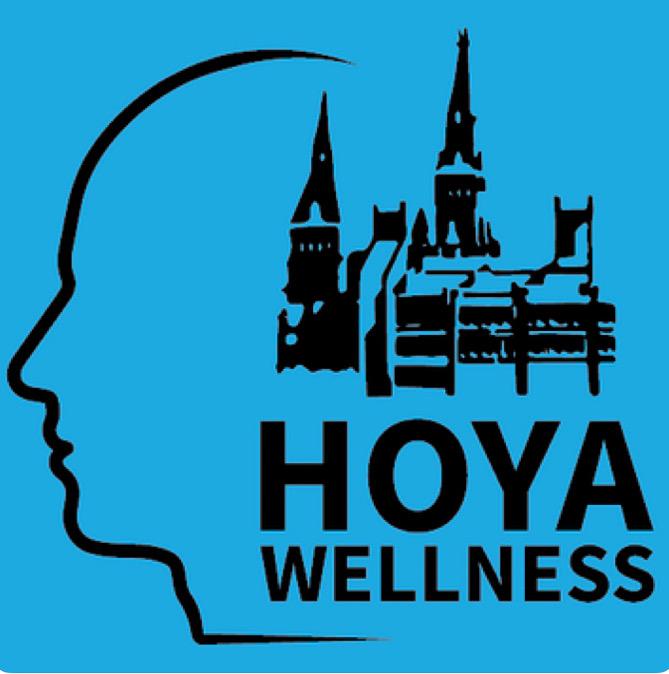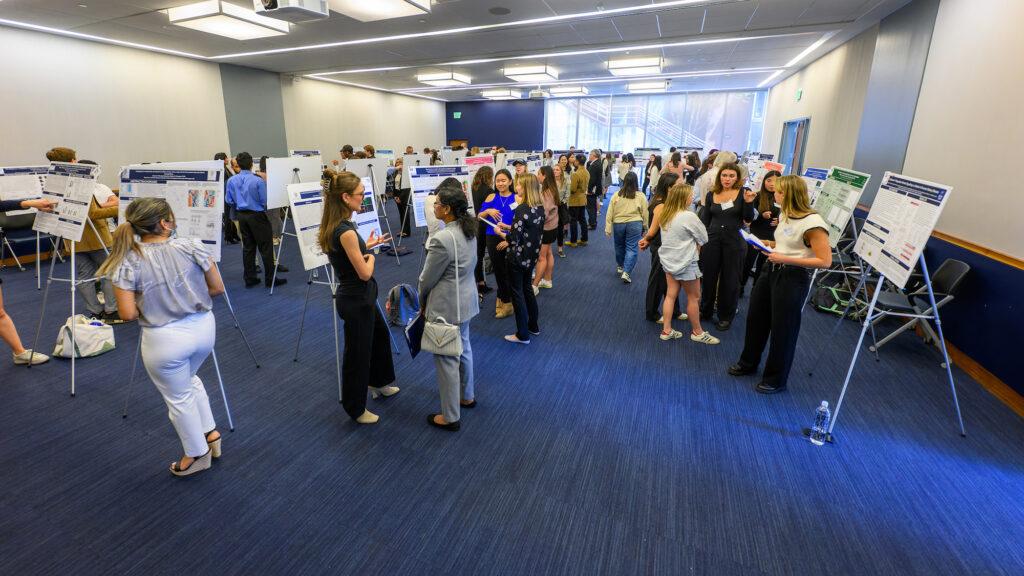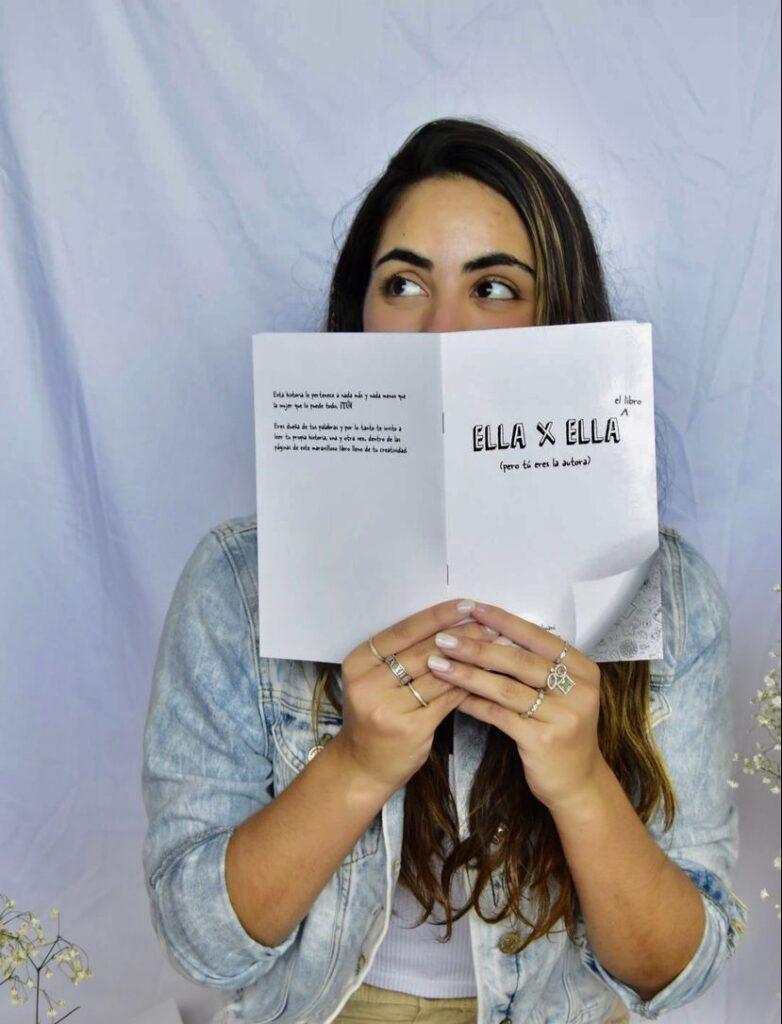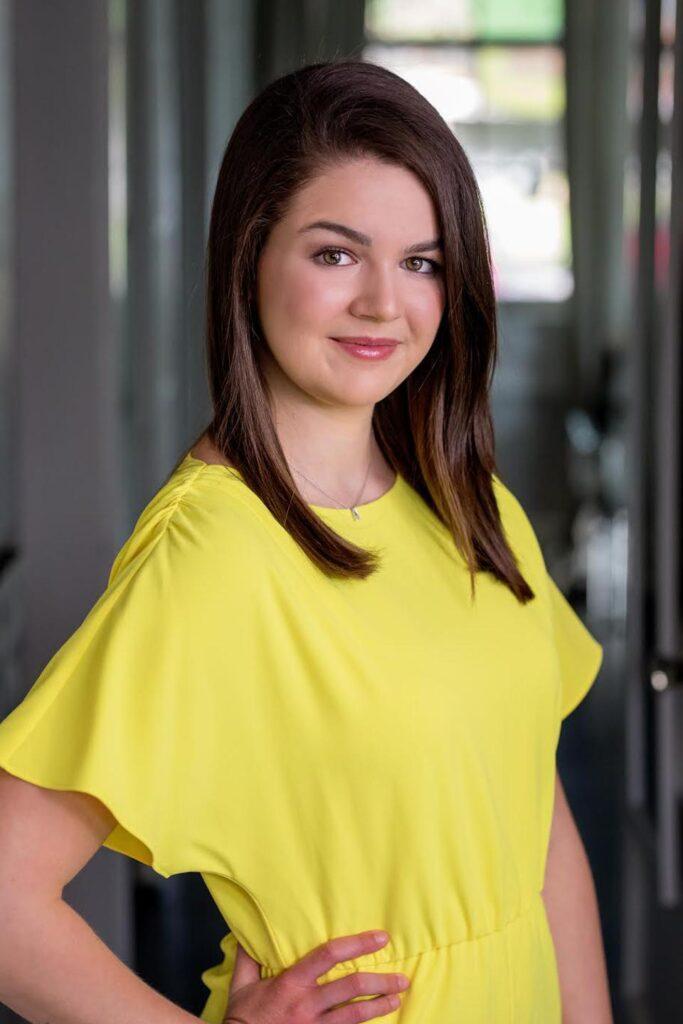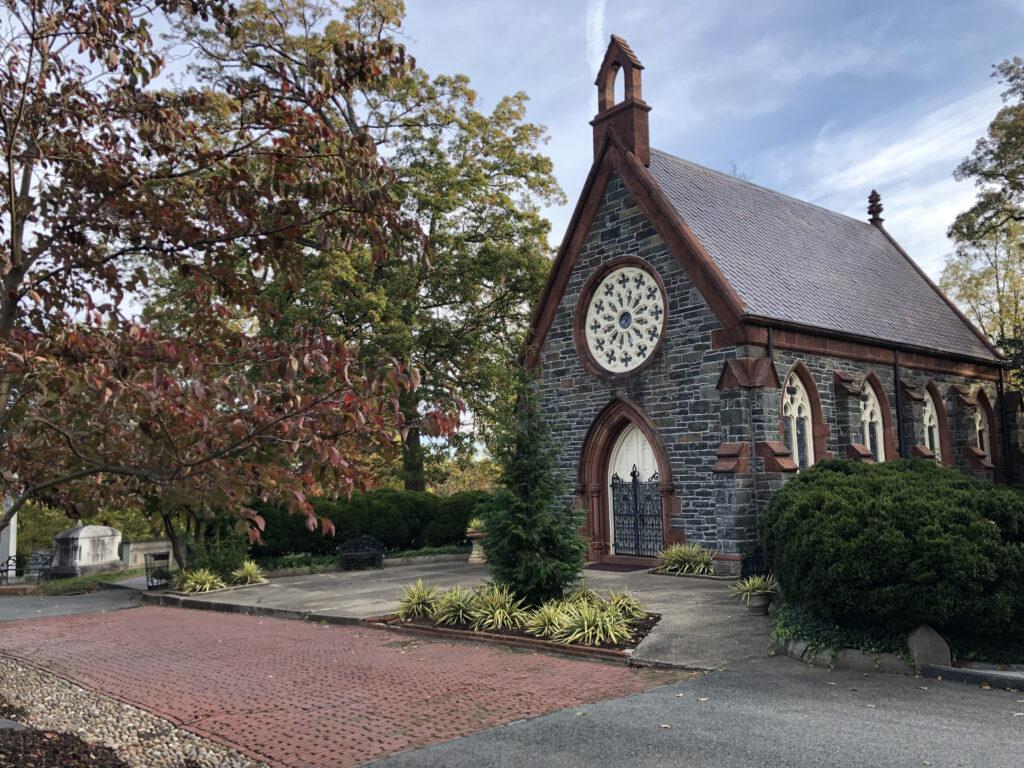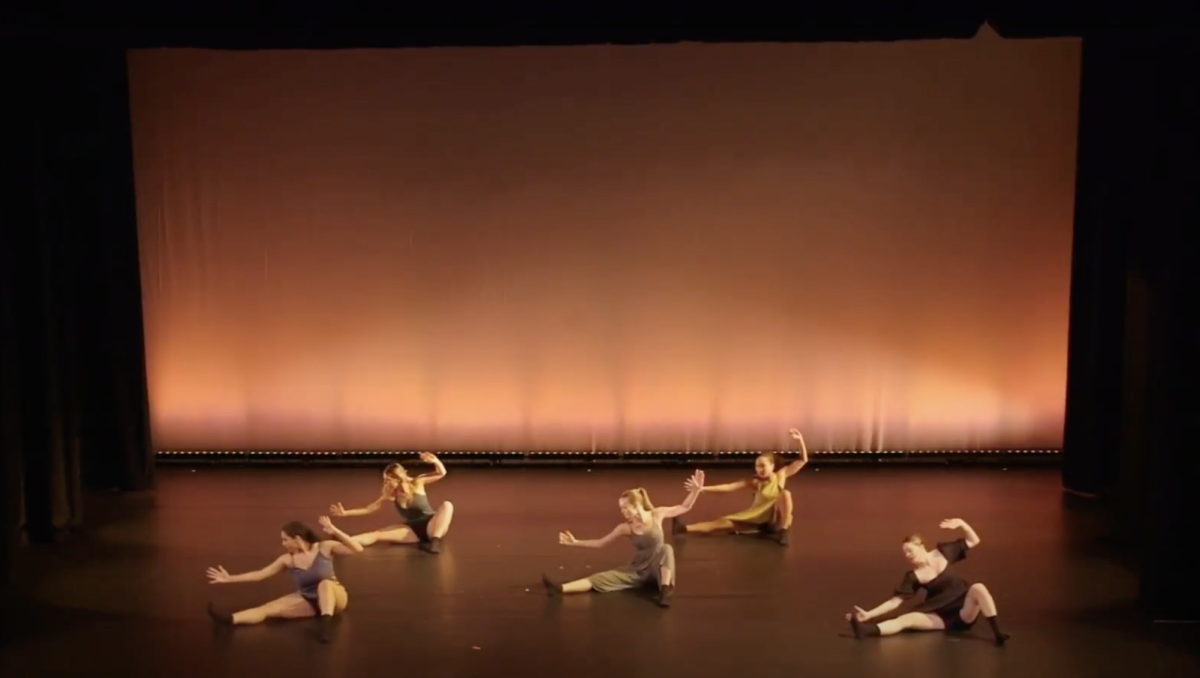This week, we sat down with Lisa McCrohan, licensed therapist and Georgetown’s former wellness counselor, to discuss mental health and the ways students and faculty can navigate the overwhelming nature of our current climate.
From outlining Georgetown’s wellness resources to providing her own advice on how individuals can incorporate practices into their everyday lives, Lisa walks us through the ways we can feel less overwhelmed.
Listen in to find out more about Lisa’s book “Your Light is Rising,” her role at Georgetown and her advice for the community.
Podcast Transcript:
MR: From The Hoya I’m Mia Rasamny and this is Hoya Wellness, a podcast where we will delve into mental health and wellness topics in conversation with members of the Georgetown community. On today’s episode, I feel honored to welcome Lisa McCrohan. Lisa used to work as a full-time counselor as a part of the faculty and staff assistance program, in addition to running some of the wellness programs through GU Wellness. A few years ago, she switched to part-time and now does consulting in her own private practice. Lisa runs The Mind Body Connections Program at Georgetown, which is primarily about giving faculty and staff mindfulness and compassion practices so that they have a wellness toolkit at their disposal. I was eager to talk to Lisa and discuss the advice that she has for students so that they can have these same resources. One of Lisa’s latest endeavors includes releasing a new book, “Your Light is Rising”, which she begins by discussing.
LM: I was inspired to write this poetic guide — so using just poetry and setting it up so that it’s like the sense of accompanying you throughout the day. So the layout is that there are five different sections. Dawn is about hope. Morning is about courage. Midday is about strength and how we can redefine strength in this culture. Afternoon is about compassion, and evening is about peace. And I love bringing together, weaving together poetry with the really practical mindfulness and compassion practices that I teach and support in my work as a therapist.
MR: Following the pandemic and the rapid shift to in person learning, Lisa talks us through how students can deal with the stress and anxiety that might have been exacerbated since this change.
LM: First, I just want to say like as a therapist and as an integrative coach, I’ve worked with clients for decades, and now in this pandemic, and working with folks at Georgetown too, faculty and staff and — I’ve seen this collective exhaustion, burnout overwhelm, or we’re more sensitive to that. We get more easily overwhelmed in this pandemic. If you’re feeling this way, you are not alone. So many people come to me and think they’re the only ones experiencing this, especially at Georgetown. Second is, I bring in the compassion piece to go a whole lot easier on yourself. We can all use a dose of self-compassion. And especially for those of us who are really perfectionists and go-getters and stuff like that.
MR: Lisa places an emphasis on the importance of practicing self-compassion and the ways in which it soothes our nervous system. This is something that is shared extensively in her book, “Your Light is Rising”. She thought the perfect way to share this would be by reading one of her poems, “Self Love.”
LM: Maybe you don’t have to do so much. Try so hard and spend so much energy, trying to keep everything together. Maybe you’re carrying too much, much more than is humanly possible. Maybe it’s time to go easy on yourself, to be gentle. To soften the harshness and to talk to yourself like you would a dear friend who needs compassion. Maybe it’s time to let yourself feel the pleasure of slowing down, doing less, and finally choosing to love yourself.
MR: In our conversation Lisa shared with me one of the easiest practices to feel grounded whenever you are feeling stressed, anxious or overwhelmed. This is as easy as putting your hand on your heart and taking a few deep breaths. She shares the effectiveness of this exercise and its simplicity, one that can easily be done on a daily basis.
LM: “Hand on The Heart” practice I call it — simple name, simple practice, and just feeling the gentle pressure of the hand; and softening the fingertips; and the fingers; and feeling the rise and the fall of the upper chest; and also the belly, as we breathe in and out. And often what I tell people is that you could do this — even in meetings —anytime during the day, just gently putting your hand on your heart. And this connection helps to then begin to soften the nervous system, to soothe us.
MR: Whilst Lisa has shared her wisdom regarding how students can cope with feeling overwhelmed, I asked her if she has any advice for professors and other members of faculty. Here’s what she had to say.
LM: My first thought about this was to be a resource to yourself, to take care of your well being— so as a faculty and staff person, just to really access the resources that Georgetown has that are available to you. Through GU Wellness we offer such a wealth of opportunities, from Tai Chi to my Mind Body Connections Program. So first in any kind of helping profession, and as parents: I often say to be a resource to yourself, to care for yourself, put yourself first on that list. Have your eyes and heart and ears open to what you might see in a student. It’s so important and we underestimate how something simple like noticing someone is like — “Hey, I see you, I just noticed this in class”. It’s a little bit just being human if you can notice this, like “How are you doing?” It doesn’t have to be a long conversation, just to see that you notice them and that you care for them.
MR: There remains a stigma attached to mental health but regardless of what an individual is experiencing, it is crucial that there are enough resources available for students and faculty in order to normalize these experiences and offer support to increase resiliency and promote self-care. Whilst Lisa mentioned that Georgetown has some great resources in place for mental health support, she outlines the ways in which colleges across America and Georgetown particularly can support students more in regards to mental health.
LM: I think across campuses in the United States we can still do a lot better in terms of having more awareness around mental health; normalizing it; and then continuously showing students that there are resources available to them; and then encouraging and having a really balanced life. We could encourage that in all different ways on campus, from what our professors are talking about to what the administration puts out again; this way, encouraging balance and encouraging wellness habits.
MR: As we end today’s podcast, here are some tips to support your mental health and feel more settled and grounded each day.
LM: In terms of practices, how to really feel grounded and caring for ourselves is a couple things. One is to have a rhythm for your day. And what I mean by that is how you begin your day and how you end your day are pretty important. And I call that like bookending your day, and how you start your day matters. And then at the end of the day, give yourself a little bit of time. I have children who are on their devices and things too, but taking a moment so we can just switch off like a computer, giving ourselves a little bit of space and maybe like a little bit of Tai Chi, a little bit of Qigong or a little bit of yoga or journaling — anything that’s going to help you end the day and begin to go into rest.


